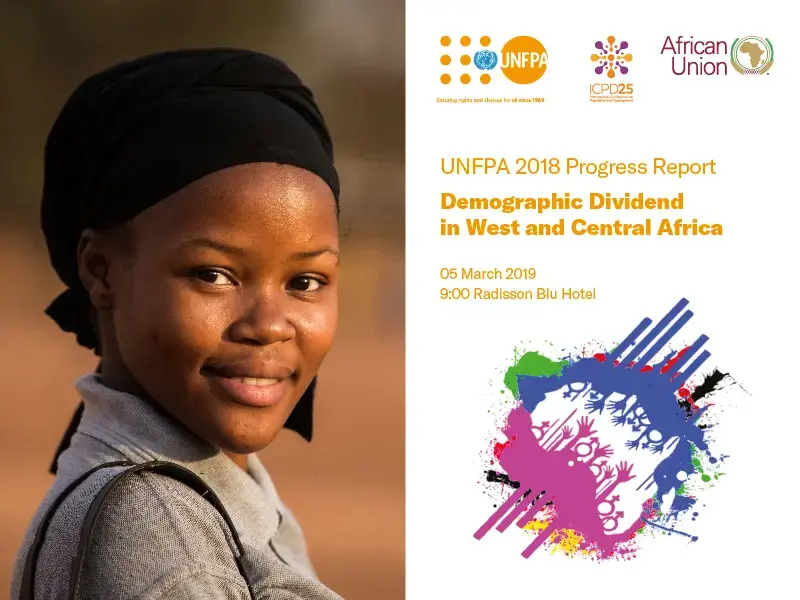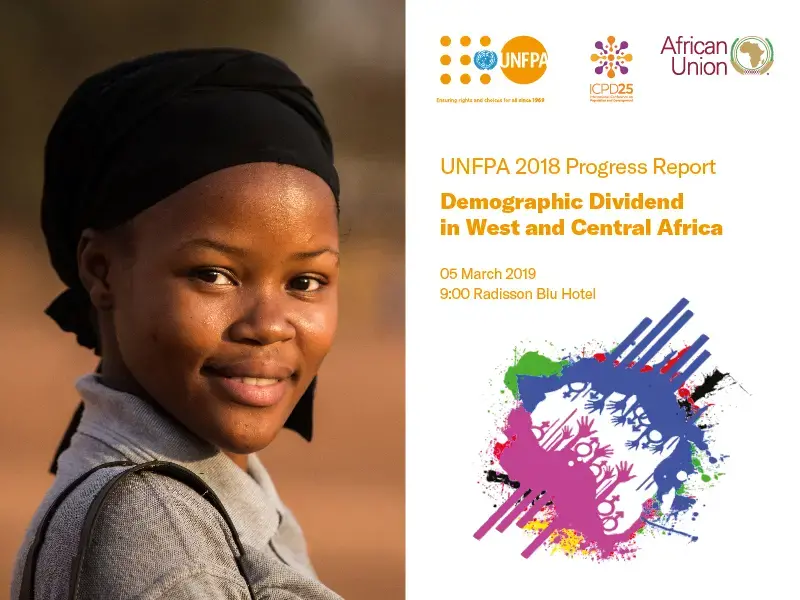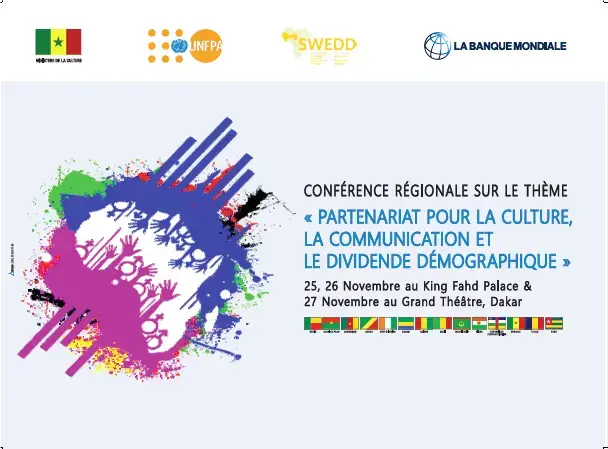Senegalese traditional communications legend, El Hadj Mansour Mbaye, founding president of the National Network of Traditional Communicators (RENACOT) of Senegal, has been awarded with a special distinction, by the United Nations Population Fund (UNFPA). El Hadj Mansour Mbaye, 91, was one of the first traditional communicators was honored for his commitment to promoting good health of mother and child and family planning, with a view to eliminating preventable maternal deaths and harmful practices in Senegal.
Presiding over the award ceremony that took place at the Grand Theater, in Dakar, Senegal, the Minister of Culture, Abdou Latif Coulibaly, expressed the deep gratitude of the government of Senegal for the choice to honor and celebrate a worthy son of the country. He described El Hadj Mansour Mbaye as an outstanding communicator who has contributed enormously to the socio-cultural development of Senegal.
UNFPA West and Central Africa Regional Director, Mabingue Ngom, said the choice of El Hadj Mansour Mbaye for this pioneer UNFPA Regional Award was for his dedicated contribution to promoting reproductive health and family planning for over half a century. He described the laureate as a deeply humanistic, first amongst his peers, whose thoughts and deeds have promoted policies and programs to improve the lives of his people by eliminating socio-cultural barriers to access to quality health services.
“Our homage to the "son of the lion" is the recognition of the universality of civilization that could not be without giving and receiving, without rooting and openness,” remarked Mabingue Ngom, describing El Hadj Mansour Mbaye as an eminent thinker and actor.
The award ceremony also served as a closing ceremony of a regional conference on: "Partnership for Culture, Communication and the Demographic Dividend" that was organized by the Ministry of Culture of Senegal, and UNFPA to highlight the crucial role of traditional communicators in the implementation of the African Union Roadmap to harness the Demographic Dividend.
The conference which was held on 25 to 26 November also saw the creation of a regional network traditional communicators, religious and traditional leaders. They adopted their statute and appointed a pioneer executive board.
The Dakar conference, was a follow up to a Conakry conference which was held six months ago. The Conakry conference had brought together traditional communicators from nine countries in the region (Benin, Burkina Faso, Chad, Ivory Coast, Guinea, Mali, Niger, and Senegal), adopted a Declaration and a Roadmap with a key action to organize a regional conference to establish a regional network of traditional communicators, in order to effectively support the implementation of the country action plans, in line with UNFPA’s three transformative results:
- End preventable maternal deaths,
- End unmet need for family planning,
- End gender-based violence and harmful practices, including child marriage and female genital mutilation/cutting
As a result, the Dakar conference brought together around 300 participants, including traditional communicators, religious and traditional leaders, representatives of women's organizations, as well as young people, parliamentarians and journalists from the following countries: Benin, Burkina Faso, Cameroon, Chad, Congo, Ivory Coast, Gabon, Guinea, Mali, Mauritania, Niger, Central African Republic, Senegal, and Togo. Ministers of Culture from the fourteen countries also attended the conference.




